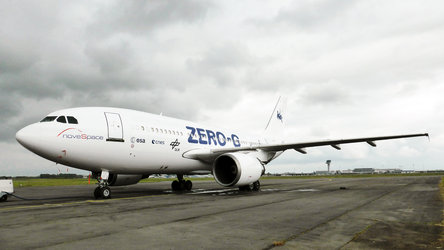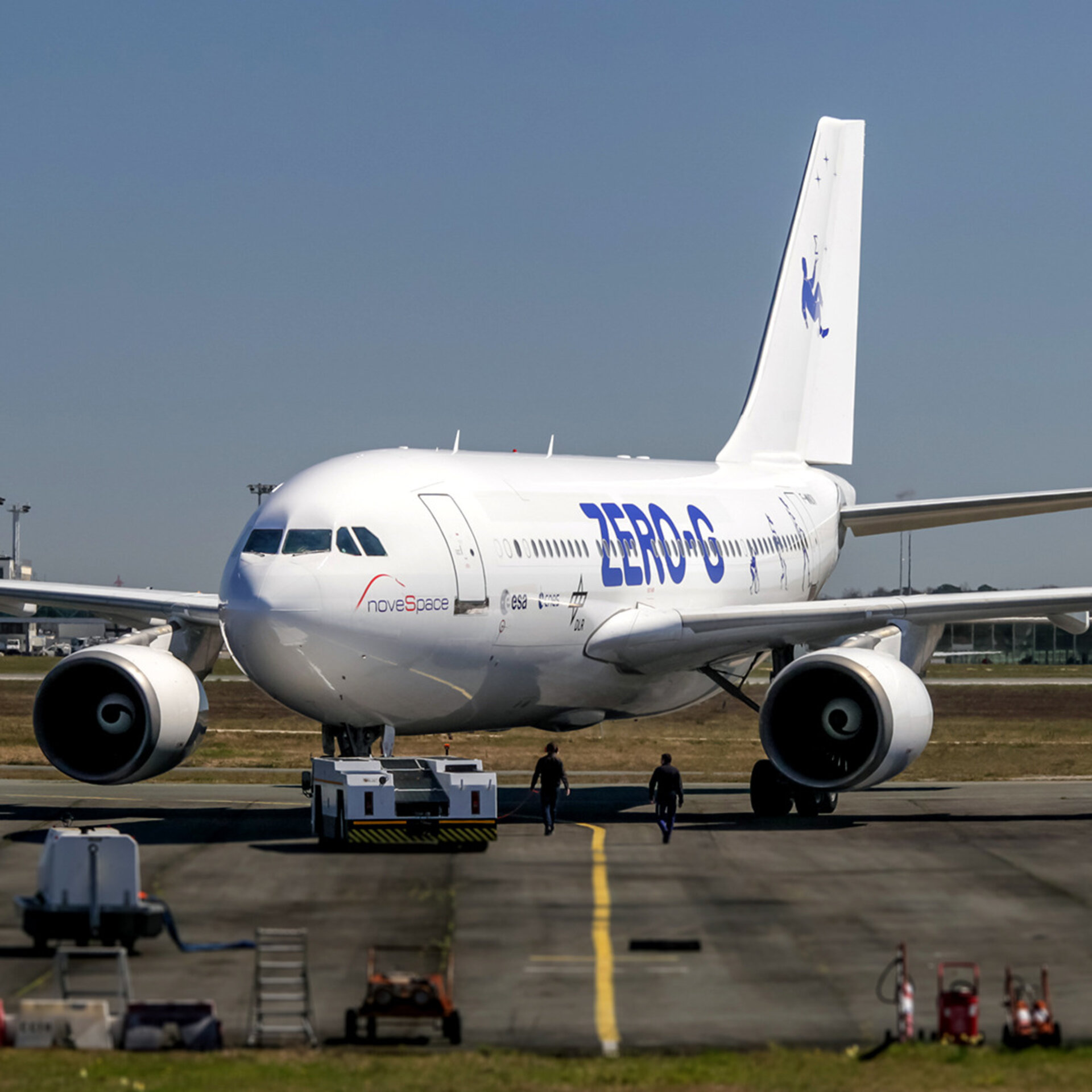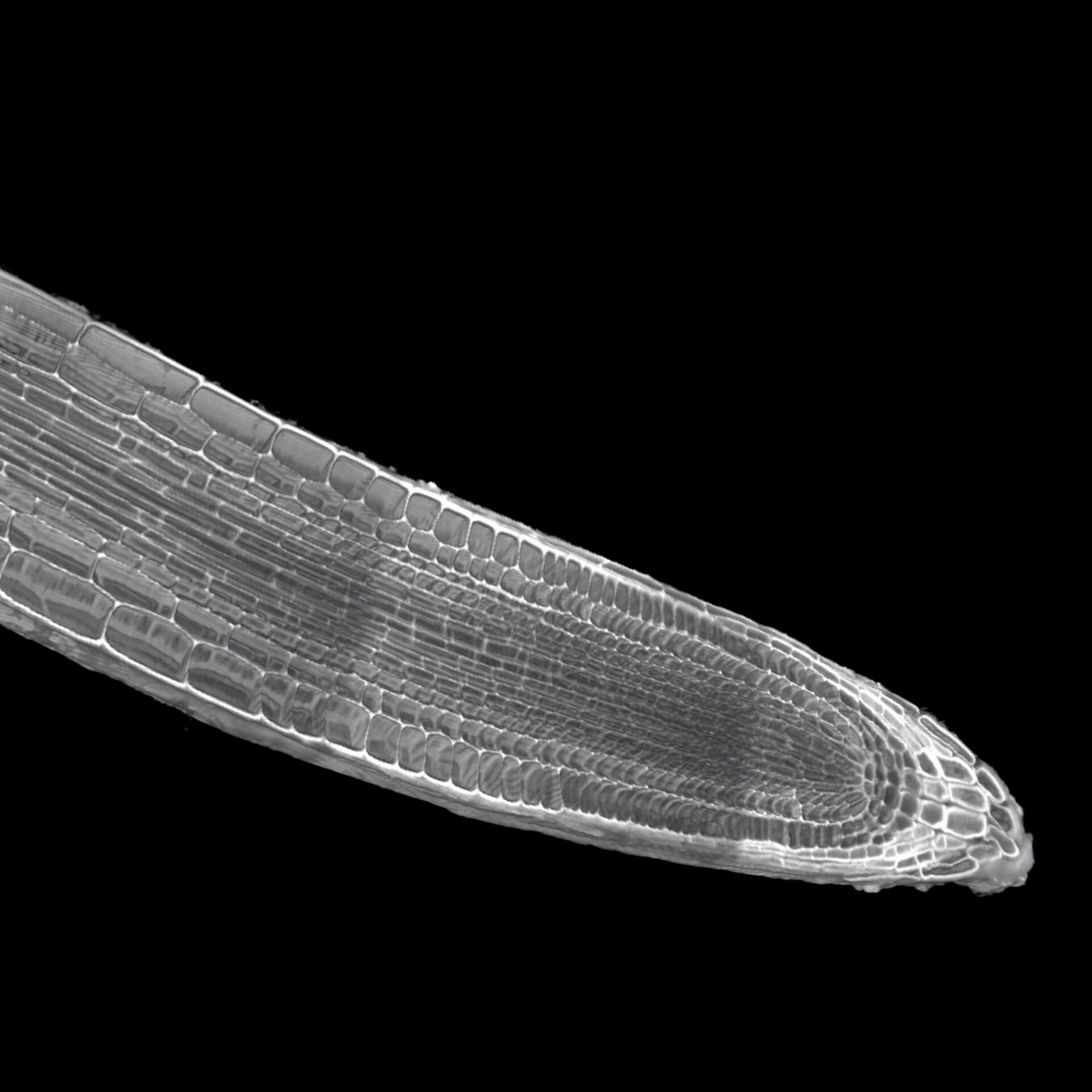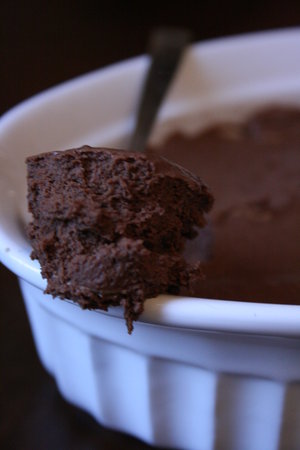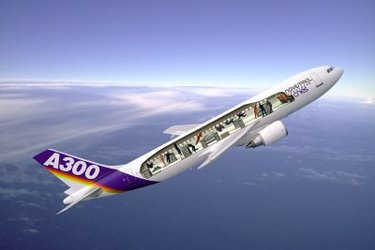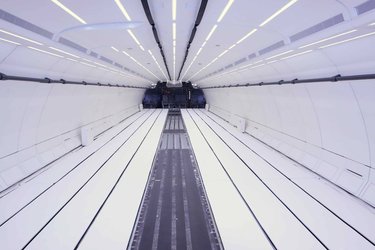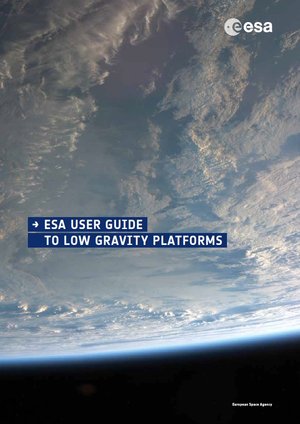The surprising lightness of the brain
The brain is a sensory sponge. It absorbs information from the environment to help you orientate yourself at every turn and perform at your best. After adding small doses of weightlessness, scientists are collecting surprising data about the structure and behaviour of the most complex organ in your body.
Three different studies during the latest ESA parabolic flight campaign showed how shots of weightlessness wake up the brain, but disorient it, too. Participants volunteered to throw their brains off balance by experiencing microgravity without leaving Earth, onboard the Zero-G plane.
The aircraft, operated by Novespace in Bordeaux, France, offers up to 90 periods of weightlessness, 20 seconds at a time.
Removing the sense of weight for short periods of time has a direct – and varied – impact on cognition and spatial memory. While volunteers got better at multitasking and solving demanding equations, they found it more difficult to navigate in new environments.
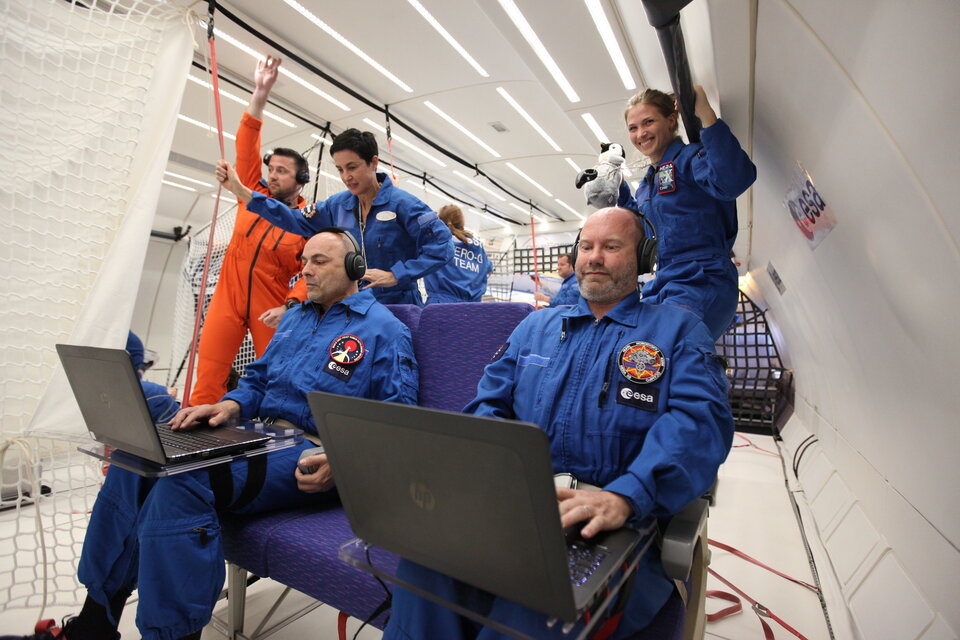
A better understanding of how blood flow impacts the brain as it surges through could help aging populations suffering from impaired cognition such as Alzheimer’s disease, depression or dementia.
Short and sweet
Recordings of brain activity and tests to monitor attention and arithmetic skills confirmed that there is a significant increase in performance during short-term exposure to microgravity.
“The results are quite surprising, especially because they contradict the fact that weightlessness has a negative impact on the astronauts’ cognitive performance,” explains Stefan Schneider from the German Sport University Cologne.
“Perhaps it is not weightlessness, but rather the long-term isolation during spaceflight,” he adds.
Inner GPS
Spatial cognition helps us determine where we are, how to find our way home and how to better use the resources around us.

Neurologists consider the sea-horse shaped portion of the brain, known as the hippocampus, our inner GPS. It plays a crucial role in spatial navigation, but also in learning and memory.
Astronauts rely on it for complex procedures such as docking or landing tasks, and exploring unknown terrains.
The lack of gravity reduces the amount of information the brain receives from the outside world and therefore causes disorientation.
“Repeated short bouts of weightlessness induce changes in spatial cognition. We want to find out to what extent and for how long that affects our spatial abilities,” says Alexander Stahn from the Centre for Space Medicine and Extreme Environments in Berlin, Germany and lead scientist of the HypoCampus experiment.

During the parabolic flight, participants had to learn, memorise and navigate through a new environment in microgravity bursts using virtual reality while brain imaging helped to piece together the internal picture.
Preliminary results show that there was a deficit in spatial memory, and that body posture didn’t affect individual performance.
The HypoCampus experiment will fly to the International Space Station in 2019 to identify any acute effects of long-duration spaceflight on the astronauts’ spatial cognition.






